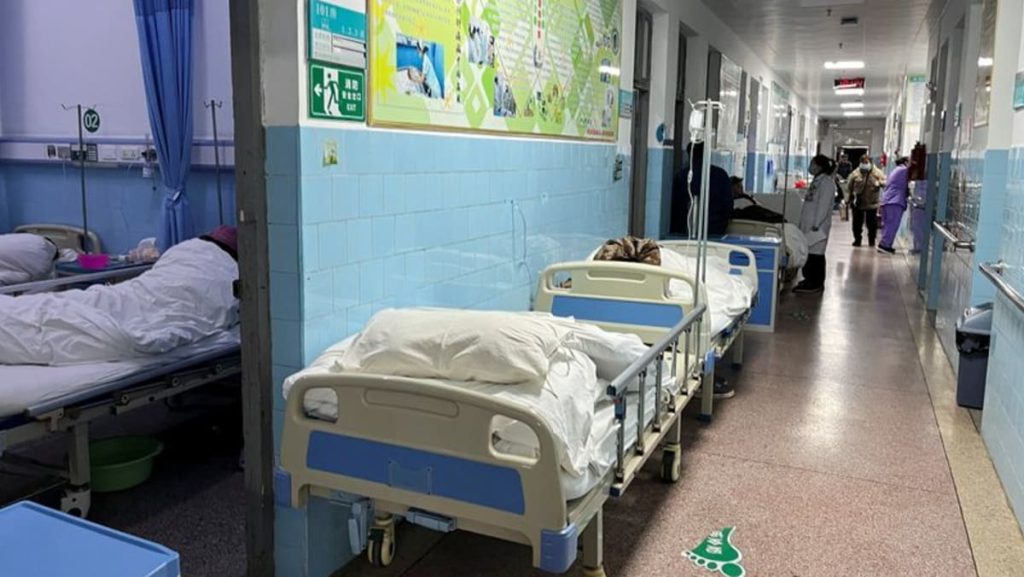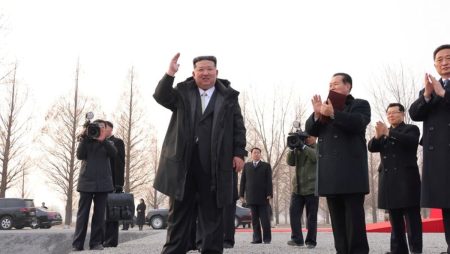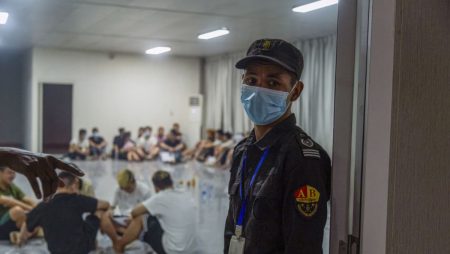China’s Healthcare Regulator Defends Efficacy of Off-Patent Medicines
In a move to address growing concerns about the quality of certain medications, China’s healthcare regulator has come forward to defend the efficacy of off-patent drugs distributed through public hospitals. On February 9, 2023, the National Healthcare Security Administration (NHSA) revealed the results of an investigation into the quality of generic drugs, dismissing claims that these medications were less effective than their Western counterparts. The regulator emphasized that these off-patent medicines, often referred to as generic drugs, were rigorously evaluated and strictly supervised to ensure they met the same standards as original research drugs. This reassurance comes amid heightened scrutiny over the safety and efficacy of generics, which are widely used in China’s public healthcare system.
Investigationinto Quality Concerns
The NHSA initiated its investigation in response to reports from local media, which cited doctors in major cities like Beijing and Shanghai expressing doubts about the effectiveness of generic drugs. These healthcare professionals alleged that certain off-patent medications, such as anaesthetics and laxatives, did not produce the same results or side effects as drugs manufactured by Western pharmaceutical companies. To address these concerns, the regulator conducted a thorough review, consulting with medical experts and hospital administrators. The findings indicated that the perceived differences in efficacy were largely based on "subjective feelings" rather than concrete scientific evidence. This conclusion highlights the importance of relying on data-driven assessments when evaluating medical treatments.
The Role of Generic Drugs in China’s Bulk-Buy Programme
China’s bulk-buy programme, introduced in 2018, has been a cornerstone of the country’s efforts to make healthcare more affordable. The programme allows the government to negotiate lower prices with drug manufacturers in exchange for bulk purchases, ensuring that essential medications are more accessible to the population. While this initiative has driven down costs, it has also placed pressure on drugmakers, both domestic and international, to reduce their margins. Despite these challenges, many pharmaceutical companies continue to participate in the programme, recognizing the opportunity to supply public hospitals with large volumes of medication.
EnsuringQuality and Efficacy of Generic Drugs
The NHSA has consistently maintained that generic drugs are subject to the same rigorous testing and evaluation processes as their brand-name counterparts. These measures are designed to ensure that generics are therapeutically equivalent, meaning they deliver the same benefits and carry the same risks as the original drugs. By prioritizing quality control, the regulator aims to build trust in the healthcare system and guarantee that patients receive effective treatment regardless of the medication’s brand. This commitment to quality is particularly important in a country as vast and populous as China, where access to affordable healthcare is a critical priority.
Challenges and Opportunities for Pharmaceutical Manufacturers
The bulk-buy programme has created a competitive environment for pharmaceutical companies, with many vying for contracts to supply public hospitals. While this competition has driven innovation and efficiency, it has also raised concerns about the sustainability of profit margins for drugmakers. Domestic manufacturers, in particular, have had to adapt to the new market dynamics, investing in research and development to produce high-quality generics that meet the NHSA’s stringent standards. International pharmaceutical companies have also found opportunities in this system, as their off-patent drugs are often included in the bulk-buy lists, allowing them to maintain a presence in China’s lucrative healthcare market.
Strengthening Public Confidence in the Healthcare System
The NHSA’s defense of generic drugs underscores its commitment to transparency and accountability in the healthcare sector. By addressing concerns head-on and providing evidence-based reassurance, the regulator aims to strengthen public confidence in the medications distributed through public hospitals. This effort is part of a broader strategy to improve healthcare outcomes and ensure equitable access to essential medicines for all citizens. As China continues to navigate the complexities of its rapidly evolving healthcare landscape, the NHSA’s focus on quality and efficacy remains a cornerstone of its mission to protect and promote public health.












